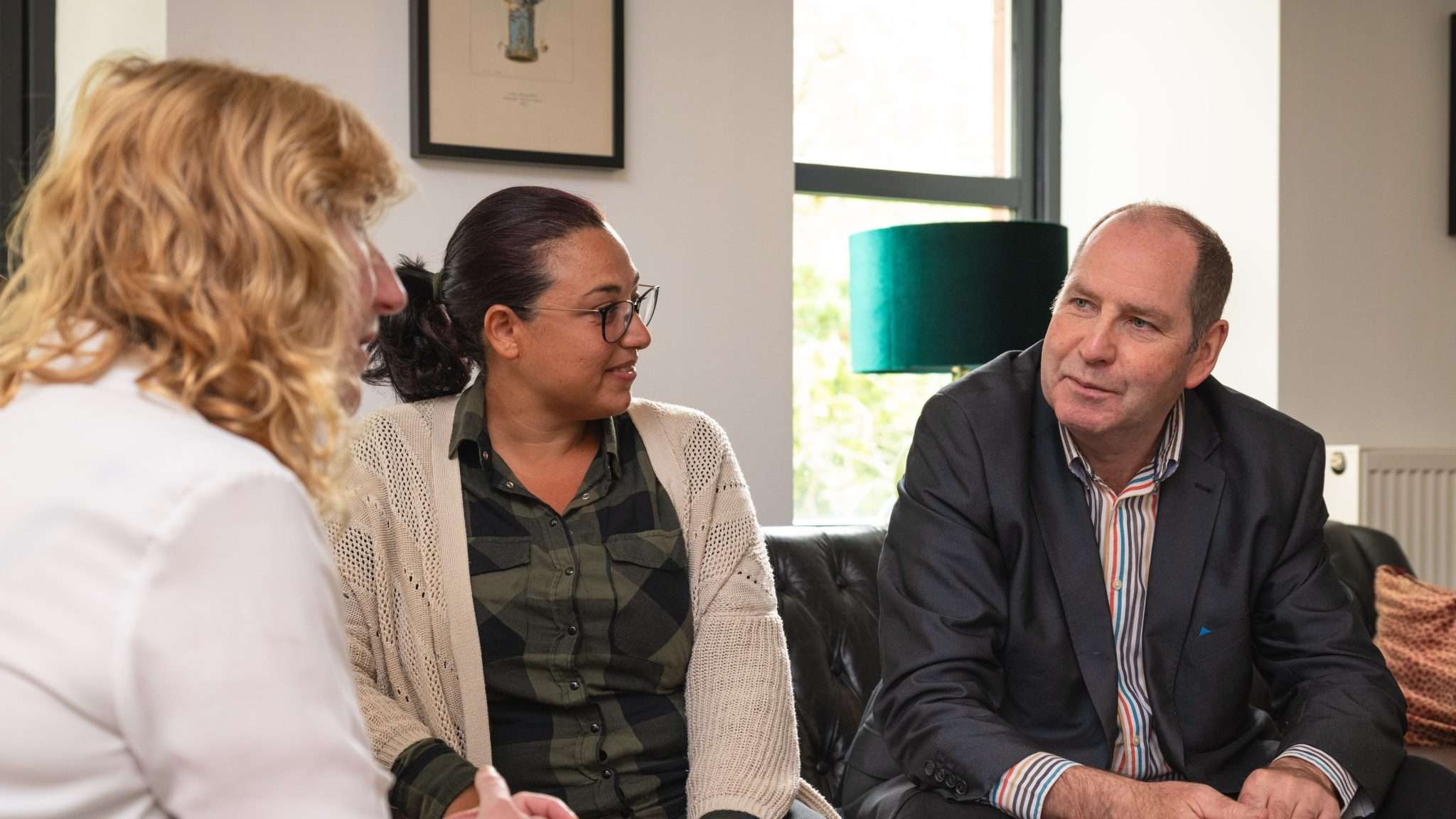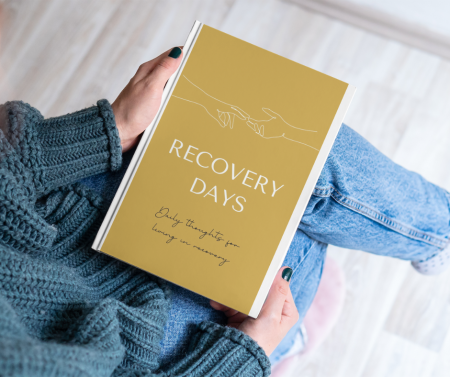Table of Contents
Rehab does not work for everyone, sometimes it takes people multiple visits to rehab before something clicks. There can be many factors contributing to this because addiction is a highly complex problem. Exploring possible reasons for relapse, should it happen, can be constructive. Learning what you did wrong should help you to succeed, the next time.
Exploring Reasons for Relapse
Rehab does not guarantee of sobriety, in fact, it is estimated that between 40% – 60% of attendees will relapse within one year. If you’re one of those for whom rehab did not work, do not despair but instead, ask yourself – why me, where did I go wrong?
Understanding how your relapse happened can become your greatest asset and the insights you learn should enable you to get it right the next time. Of course, it may be that your chosen rehab centre was unsuitable, uncaring, or simply incompetent, such places do exist, but a more likely explanation lies within yourself. This is not to say that you are a bad person, it simply demonstrates the frightening power of addiction.
Addiction can be beaten. But it is a disease that is characterised by relapse and cutting corners does not work. There are some often-seen reasons why a person might relapse after rehab, but generalising is dangerous because everyone is different. Factors such as the type and quantity of substance misuse, the length of time in addictive behaviour, and key events in a person’s life can significantly affect recovery outcomes, no matter how good the treatment and how diligent the addicted person is.
Here are eight of the most common situations cited by people who have relapsed after a spell in rehab:
1. I didn’t fully commit to rehab.
Perhaps you were given an ultimatum by your spouse or boss. Being resentful and blaming others for your predicament are ways of deflecting from the main issue – that you have a life-threatening illness that must be addressed. Later, you will see that going into rehab was the best thing that could have happened. However resentful and uncommitted you are, it is crucial that you talk about these feelings honestly – your peer group will pick up on this and work with you to turn your perceived negative attitude into positive commitment, but you must talk about it, otherwise they won’t know.
2. I didn’t understand that only I can make change happen.
No one else can fix you. A lot of people may have become used to buying themselves out of trouble – paying an expert such as a lawyer, to fix things. They may think that finding the best psychologist or doctor is all they need to do, to beat their addiction. But recovery can only be achieved by you taking responsibility to work on yourself, nobody else can change you.

3. I was in denial.
Disregarding the overwhelming evidence to the contrary, you weren’t truly convinced you have a disease that will kill you. Addicted people use denial to help them cope with their own behaviour. Their inherent sense of right and wrong are constantly challenged because supporting their habit often requires dishonesty and other activity that they know to be wrong. Denial can become so embedded in a person’s character that they may be genuinely unaware of it. Dealing with denial is one of the first things that happens in rehab and it can only be overcome by rigorous personal honesty.
4. I didn’t spend long enough in rehab.
Research shows that longer stays in residential rehab result in longer term sobriety. This doesn’t apply to everyone. But particularly for those with dual diagnosis such as trauma, anxiety, depression, anger management, 12 weeks in residential rehab is cited as the Gold Standard. It’s common to want to leave rehab as soon as you enter the door, but learning a new way of life can’t be rushed, it takes time to examine what went wrong in your life and to relearn how to live without drugs or alcohol.
5. I hadn’t heen honest with myself and others about my disease and behaviour.
You meet a lot of people in rehab and some of their stories may seem worse than yours. Telling yourself that you’re not as bad as another person is dangerous, as is minimising your own behaviour. You may not have done some things – yet. But, your addiction will lead you there one day, if you don’t stop. Recognising this and learning coping strategies for when challenges arise can be crucial in achieving a good outcome.
6. I was so attached to my drug of choice that losing it seemed like a bereavement.
Addiction is often seen as an attachment disorder. Especially in chronic cases, people may find the loss of their go-to support harder than they can bear. The grief of this nature may manifest as depression, anxiety, anger, or low self-esteem, all of which require to be addressed fully while in rehab and probably after discharge too. Failure to deal with such issues thoroughly can increase the likelihood of a relapse.
7. I believed that I was cured after rehab and didn’t need any ongoing support.
Some people simply cannot accept that they are not strong enough to stay sober without help. They see their addiction as something that they have dealt with and no longer need to worry about. Addiction never gives up and therefore, neither must you. AA and other fellowships are full of people with many years of sobriety who are there for that very reason. Stick with the winners and follow your continuing care plan.
8. I did not have the coping skills to handle difficult situations.
No matter how good your rehab and the progress you’ve made, there will surely come a moment in early recovery when your sobriety is challenged – someone or something will trigger a strong craving and you have just seconds to decide your destiny. Someone might hand you a joint or place a glass of wine in your hand. What will you say and do? Think ahead. It helps a lot to practice responses in role-play settings, but not every rehab does this.
Relapse Prevention
At Castle Craig Hospital we place great importance on all aspects of relapse prevention. Patients are often asked to ‘predict their next relapse’ which is meant ‘to identify their perceived biggest obstacle to recovery and then imagine a situation where this might put them in danger of relapse.
Honesty, openness, and willingness to change are said to be the three essentials of successful recovery but there’s also truth in that old saying: ‘There’s many a slip between cup and lip’. In addition, every patient leaves treatment with a continuing care plan designed to ensure that the personal changes and new habits they have achieved will last them a lifetime.
Free Confidential Addiction Assessment
Taking the first step towards seeking help can be very difficult, our team is here to help you.



